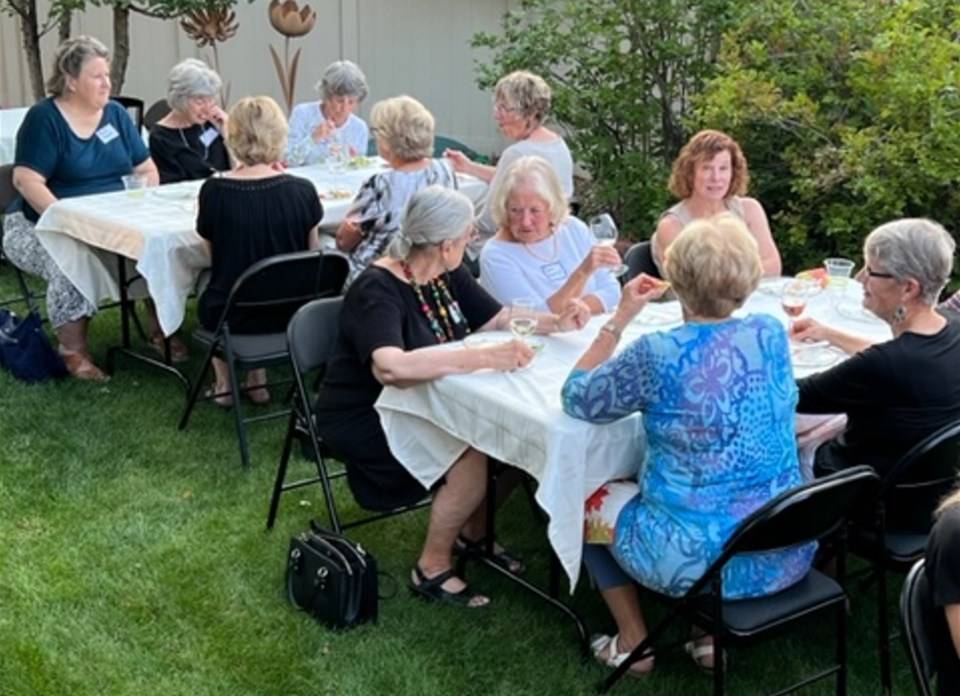For 75 years, members of the American Association of University Women in Longmont have prided themselves on expanding their knowledge, staying informed, adapting to change and igniting change, said Wanta Schnabel, co-president of the local chapter.
“Back in the ‘40s and ‘50s, there were these study groups, and that’s exactly what they did — they took an issue, and they learned about it to expand their own knowledge as well as their point of view,” Schnabel explained.
That tradition of lifelong learning continues to the present day — the group’s members attend lectures, book club discussions, study groups and nonpartisan public policy team gatherings.
For decades, the Longmont chapter has focused on promoting gender equality, but when George Floyd was killed by a police officer in Minneapolis in 2020, the chapter — and university women’s groups across the country — realized a new discussion about promoting racial equality was essential, Schnabel said.
“There’s been a tremendous emphasis throughout the nation on keeping our eye on diversity, equity and inclusion,” she explained.
“After the George Floyd incident, we formed this group called the Racism Study Group, and they spent a year reading about, learning about all kinds of things. I mean, we’re primarily — this is Longmont, we’re primarily a white, female organization, and so we all needed to know more. And that group educated themselves and did extensive reading,” Schnabel said.
Over the past year, the Racism Study Group has researched Native American history, culture and the lasting impacts of the Sand Creek Massacre. The study group then educated other chapter members on the top issues that Indigenous peoples face, she explained.
The chapter teaches its members how to ignite change by contacting state legislators, so understanding how to support diversity and people of color is essential, Schnabel said.
There are a dozen branches of the American Association of University Women in Colorado, in addition to a statewide group, said Linda Davies, who is also co-president of the Longmont Chapter.
“Our national organization is a 501(c)(3) and a 501(c)(4), but the 501(c)(4) allows us to have lobbyists, and it’s always been about women and women’s equity … it’s always been about the status of women as far as education, and what the opportunities for them are,” Davies explained. “In our state organization, we have a public policy team, which will talk about what initiatives are being taken up legislatively here within the state, and what can we do as a branch to continue to advocate for women — women’s rights.”
Supporting women of color is imperative to that goal, particularly as the national and local organizations welcome more diversity, she said.
“I think the group as a whole is more diverse — different people from different parts of the country move here, and that can educate the group,” Davies explained.
The Longmont chapter is celebrating its 75th anniversary this year, and as the group looks to the future, some of its top goals are supporting, promoting and welcoming diversity, she said.



